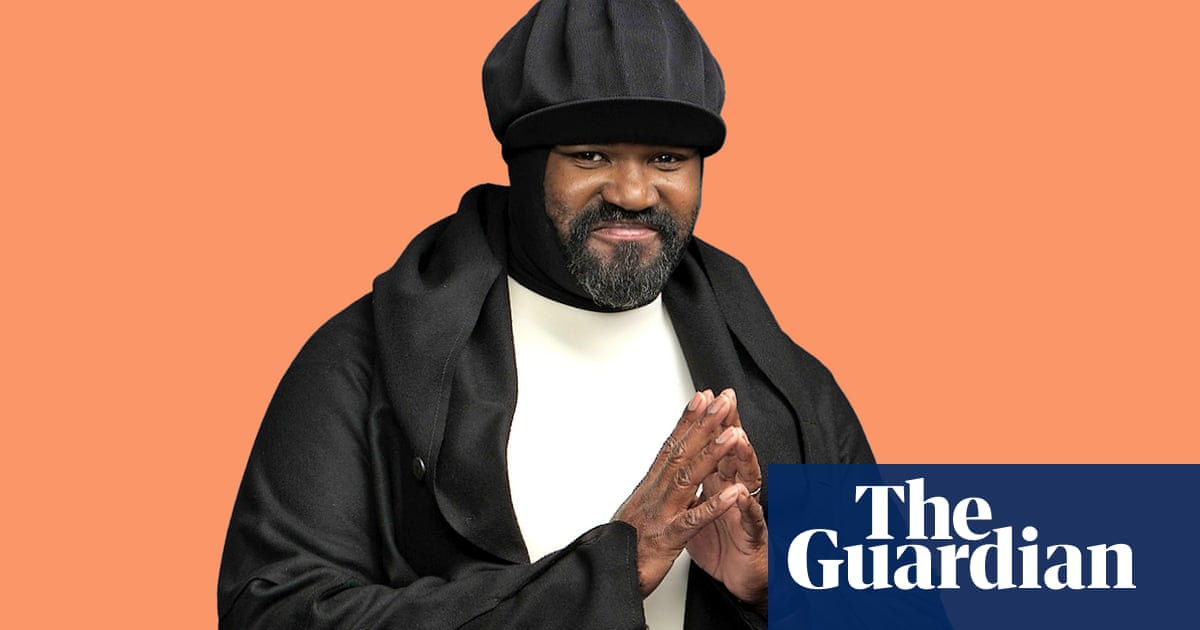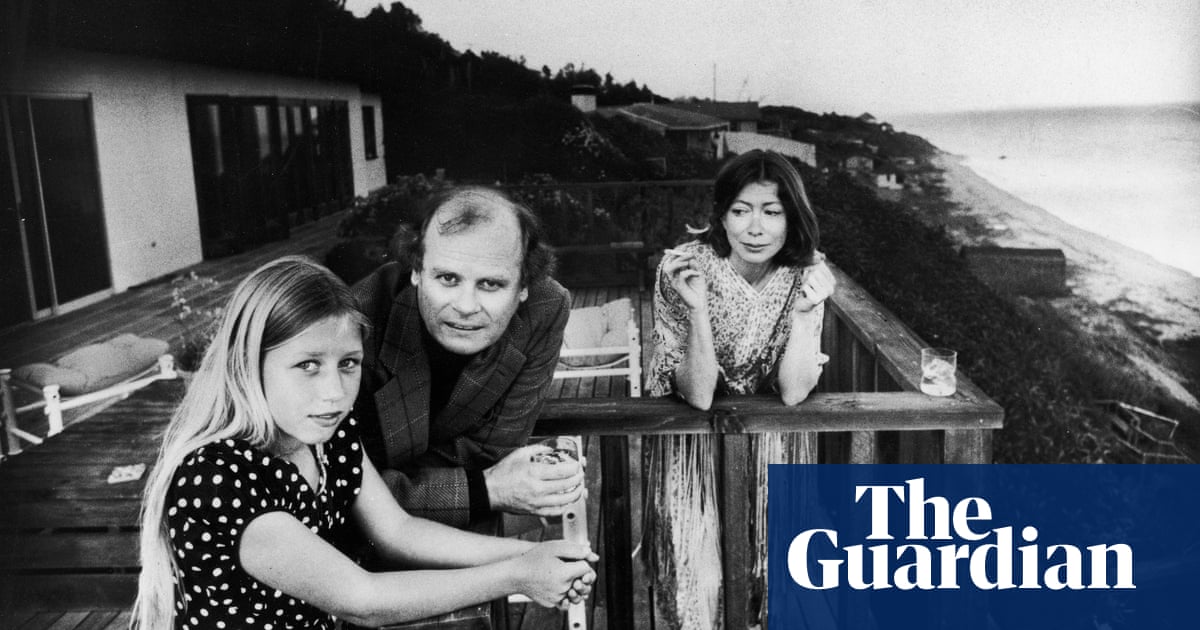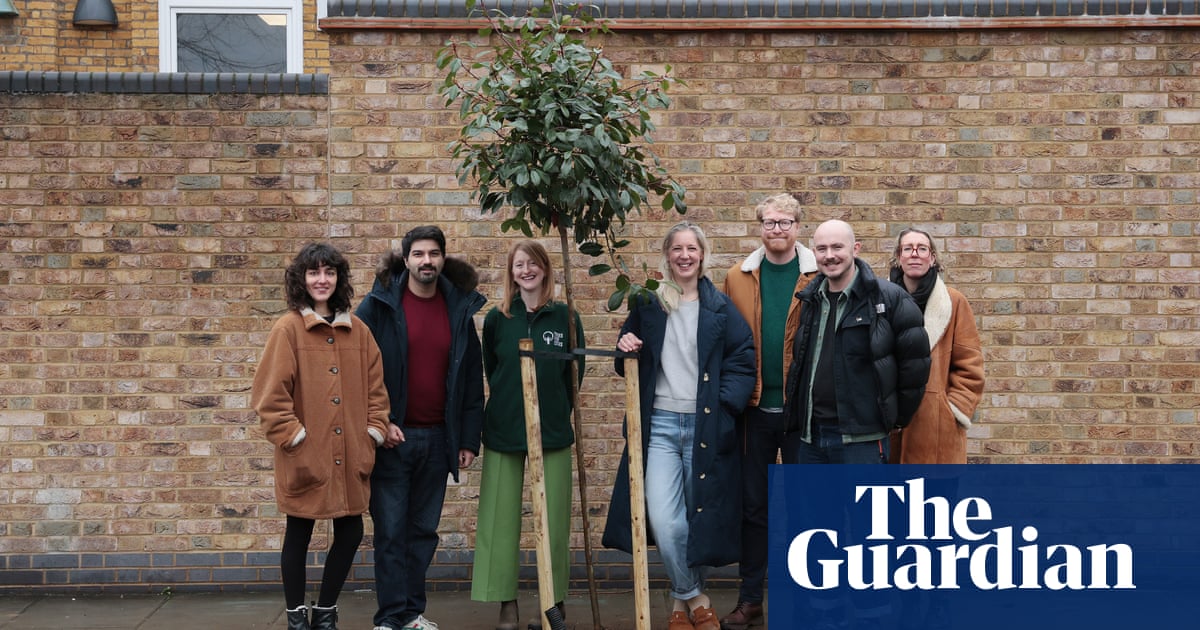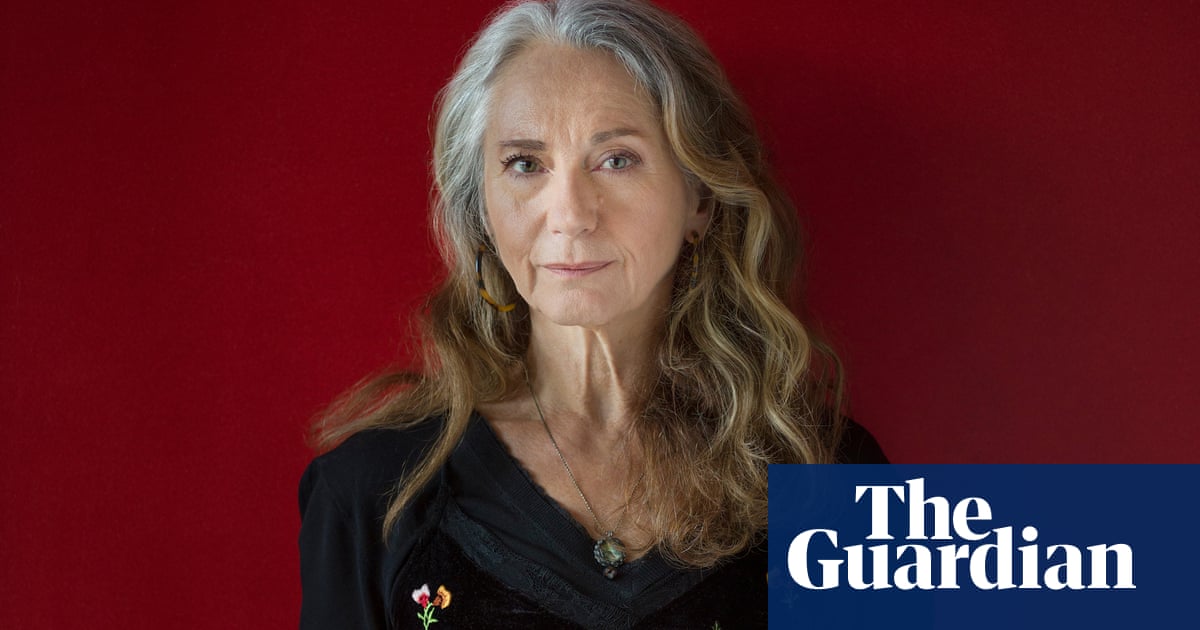As a young photojournalist living in Gaza, Fatima Hassouna knew that death was always at her doorstep. As she spent the past 18 months of war documenting airstrikes, the demolition of her home, the endless displacement and the killing of 11 family members, all she demanded was that she not be allowed to go quietly.
“If I die, I want a loud death,” Hassouna wrote on social media. “I don’t want to be just breaking news, or a number in a group, I want a death that the world will hear, an impact that will remain through time, and a timeless image that cannot be buried by time or place.”
On Wednesday, just days before her wedding, 25-year-old Hassouna was killed in an Israeli airstrike that hit her home in northern Gaza. Ten members of her family, including her pregnant sister, were also killed.
The Israeli military said it had been a targeted strike on a Hamas member involved in attacks on Israeli soldiers and civilians.
Twenty-four hours before she was killed, it was announced that a documentary focusing on Hassouna’s life in Gaza since the Israeli offensive began would be debuted at a French independent film festival that runs parallel to Cannes.
Made by the Iranian director Sepideh Farsi, the film, Put Your Soul on Your Hand and Walk, tells the story of Gaza’s ordeal and the daily life of Palestinians through filmed video conversations between Hassouna and Farsi. As Farsi described it, Hassouna became “my eyes in Gaza … fiery and full of life. I filmed her laughs, her tears, her hopes and her depression”.
“She was such a light, so talented. When you see the film you’ll understand,” Farsi told Deadline. “I had talked to her a few hours before to tell her that the film was in Cannes and to invite her.”
She said she had lived in fear for Hassouna’s life but added: “I told myself I had no right to fear for her, if she herself was not afraid. I clung to her strength, to her unwavering faith.”
Farsi, who lives in exile in France, said she feared that Hassouna had been targeted for her much-followed work as a photojournalist and recently publicised participation in the documentary. Gaza has been the deadliest conflict for journalists in recent history, with more than 170 killed since 2023, though some estimates put it as high as 206.
Since Israel began its bombardment of Gaza, after the attack on southern Israel on 7 October 2023, more than 51,000 people have been killed, more than half of them women and children, according to the Gaza health ministry. Since the ceasefire with Hamas collapsed in March, Israel has resumed its deadly airstrikes with vigour, and at least 30 people were killed in strikes on Friday.

Fellow journalists in Gaza reacted with grief and anger at the news that an Israeli airstrike had taken Hassouna from them, just as she had feared it would. “She documented massacres through her lens, amid bombardment and gunfire, capturing the people’s pain and screams in her photographs,” said Anas al-Shareef, an Al Jazeera reporter based in Gaza.
Miqdad Jameel, another Gaza-based journalist, called on people to “see her photos, read her words – witness Gaza’s life, the struggle of its children in war, through her images and her lens”.
Her death prompted a statement from the Cannes Acid film festival, where Farsi’s documentary will be screened in May. “We had watched and programmed a film in which this young woman’s life force seemed like a miracle,” they said. “Her smile was as magical as her tenacity. Bearing witness, photographing Gaza, distributing food despite the bombs, mourning and hunger. We heard her story, rejoiced at each of her appearances to see her alive, we feared for her.”
Haidar al-Ghazali, a Palestinian poet in Gaza, said in a post on Instagram that before she was killed, Hassouna had asked him to write a poem for her when she died.
Speaking of her arrival into a kinder afterlife, it read: “Today’s sun won’t bring harm. The plants in the pots will arrange themselves for a gentle visitor. It will be bright enough to help mothers to dry their laundry quickly, and cool enough for the children to play all day. Today’s sun will not be harsh on anyone.”

 19 hours ago
21
19 hours ago
21













































